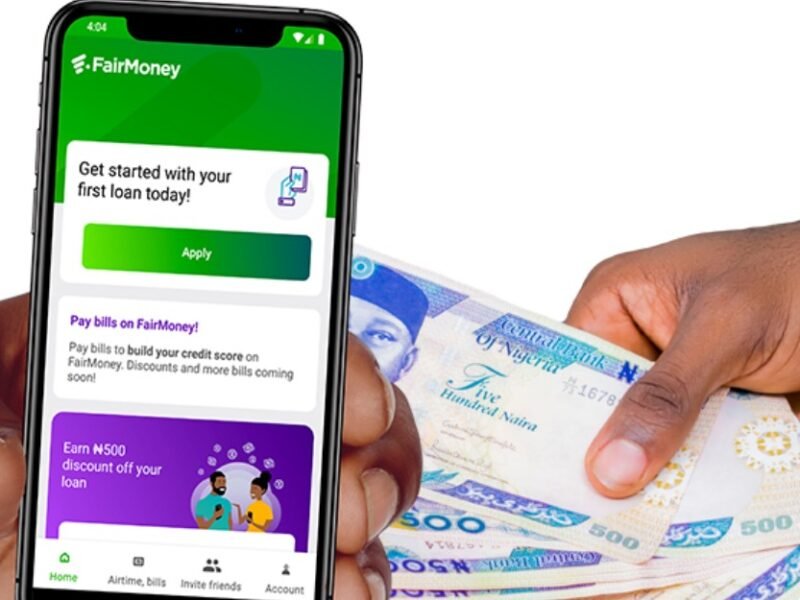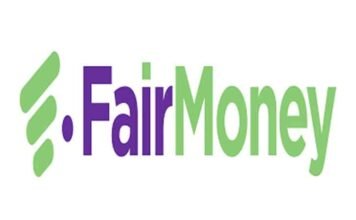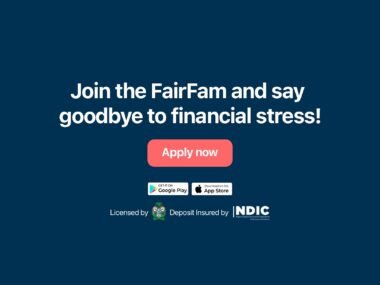Have you ever found yourself in need of financial assistance and wondered how lenders decide the maximum amount they’re willing to offer? Whether it’s for an emergency, starting a business, or pursuing a life goal, the desire for financial help can be overwhelming, but getting the right loan amount can feel like a complex puzzle. You might be asking yourself: How much can I borrow? What do lenders really look at? The truth is, several factors come into play when determining the loan amount you’re eligible for, and understanding them can give you the clarity and confidence to secure the funds you need. Let’s break it down in a way that’s easy to understand, even if you’re new to the world of loans and borrowing.
You can also read:
- How to Get Fast Funds with Instant Approval and Easy Terms!
- Are There Agricultural Loans for Farmers in Nigeria?
- How Can Rural Farmers Access Loans Without Bank Accounts?
- What Types of Loans Are Available to Nigerians, and Which One Suits My Needs Best?
- How Can I Manage My Loan Repayment If I Have a Fluctuating Income?
- How to Get Quick Loan Approval Without Stress in Nigeria
- How to Apply for Loans Without Being Rejected in Nigeria
- Proven Steps to Secure a Loan Without Collateral in Nigeria
- The Secrets to Getting Your Loan Approved on the First Attempt
- How to Borrow Money Safely Without Falling for Scams
- How to Access Loans Fast Without Long Bank Delays
- How to Apply for a Loan Without a Guarantor or BVN
- The Easiest Way to Get a Loan Without Collateral in Nigeria
- Best Loan Options in Nigeria for People with No Steady Income
- Smart Strategies to Get Your Loan Approved Faster
- How to Access Loans for Your Business Without High Interest Rates
- Top Mistakes to Avoid When Applying for a Loan in Nigeria
- How to Borrow Money Without Ruining Your Reputation
What Affects the Maximum Loan Amount You Can Get?
Lenders want to ensure they’re making a safe investment when they approve a loan. To assess how much you can borrow, they consider several factors that paint a picture of your financial situation and ability to repay. Here’s a breakdown of the key factors that determine the maximum loan amount you can access:
- Credit Score
Your credit score is one of the most significant factors in determining how much you can borrow. Lenders use it to assess your creditworthiness—essentially, how likely you are to repay the loan. The higher your credit score, the more likely you are to qualify for a larger loan. A good credit score tells lenders that you’ve responsibly managed debt in the past. - Income and Employment Status
Lenders need to know that you have a steady income to repay the loan. If you’re employed full-time or have a reliable source of income, you’re more likely to be approved for a larger loan. Lenders may also look at your employment history to gauge job stability. If you’re self-employed, you may need to show proof of income through tax returns or bank statements. - Debt-to-Income Ratio
This ratio is a critical indicator of your ability to handle additional debt. It’s calculated by dividing your monthly debt payments by your gross monthly income. Lenders use this ratio to determine how much of your income is already committed to paying off existing debt. The lower your debt-to-income ratio, the higher the chance you’ll qualify for a larger loan. - Collateral (For Secured Loans)
For secured loans, you may need to offer collateral to secure the loan. Collateral can be anything of value, such as property or a car. The value of your collateral can directly impact the amount you can borrow. The more valuable the collateral, the larger the loan you may qualify for. - Loan Type and Purpose
The type of loan you’re applying for and its purpose can also influence the loan amount. For example, if you’re applying for a mortgage, the lender may base the loan amount on the value of the property. Similarly, if you’re applying for a business loan, the loan amount could be determined by the business’s financial health and projections. - Length of the Loan Term
The repayment period or term of the loan can also impact how much you can borrow. Longer loan terms typically mean lower monthly payments, which may make it easier to qualify for larger loans. However, keep in mind that longer loan terms can result in more interest paid over time.
How to Secure a Larger Loan and Plan for Repayment
Now that you understand the factors that affect your maximum loan amount, the next step is planning how to secure that loan and repay it responsibly. Here are a few things you can do:
- Improve Your Credit Score
Before applying for a loan, take the time to improve your credit score. You can do this by paying off outstanding debts, ensuring you make timely payments, and reducing credit card balances. A higher credit score increases your chances of qualifying for larger loans with better terms. - Ensure a Steady Income
Lenders want to see that you have a stable income. If possible, try to increase your income or find additional sources of revenue to improve your chances of getting a larger loan. - Be Clear About Your Loan Purpose
Lenders want to know how you intend to use the loan. Whether it’s for a home, car, or business, having a clear purpose can help them assess your loan request more favorably. - Start Planning for Repayment
From the moment you take out the loan, have a clear plan for how you’ll make repayments. This includes understanding your monthly obligations and ensuring that you can comfortably afford them. The earlier you start planning, the better.
Loan Options from FairMoney
FairMoney is one of the leading providers of loans in Nigeria, offering a variety of loans to meet your financial needs. Below is an overview of the loans they provide, their interest rates, eligibility criteria, and repayment options.
| Loan Type | Interest Rate | Eligibility | Repayment Plan |
|---|---|---|---|
| Personal Loan | 10% per month | Nigerian citizen, age 18+, proof of income | Monthly payments over 6-12 months |
| Business Loan | 15% per month | Registered business, proof of business income | Repayment in 12-24 months |
| Emergency Loan | 12% per month | Proof of emergency required | Repayment in 3-6 months |
| Education Loan | 8% per month | Proof of enrollment in accredited institution | Repayment in 12 months |
Advice from the Edujects:
“On no account should you take beyond what you can repay. This is an opportunity, but don’t overuse it just because you have access to it freely. Don’t take more than what your income expectations can handle. Use the money for its intended purpose. Learn from the business mindset of the Igbo people: they would never borrow money for anything that is not in line with the purpose intended. Emergencies come and go, but what you do with the money during that time counts. Once the emergency is handled, quickly source a repayment plan. This builds credibility with the bank and ensures others can also receive help when they need it. Let’s create a trust-based, integrity-driven Nigeria, where companies can invest with confidence. Pay back on time to help FairMoney increase the number of loans they offer to those in need. Don’t wait until you’re being chased with phone calls. As you take the loan today, start planning for repayment today. Share this with anyone who needs to know and is in need of emergency help.”
Securing a loan is more than just borrowing money—it’s about understanding what lenders look for, planning responsibly, and ensuring you can comfortably repay. By focusing on improving your credit score, maintaining a steady income, and planning for repayment, you can increase your chances of securing the loan amount you need. Whether you’re looking for a personal loan, business funding, or emergency assistance, companies like FairMoney offer a variety of loans with flexible repayment options to suit your needs.






